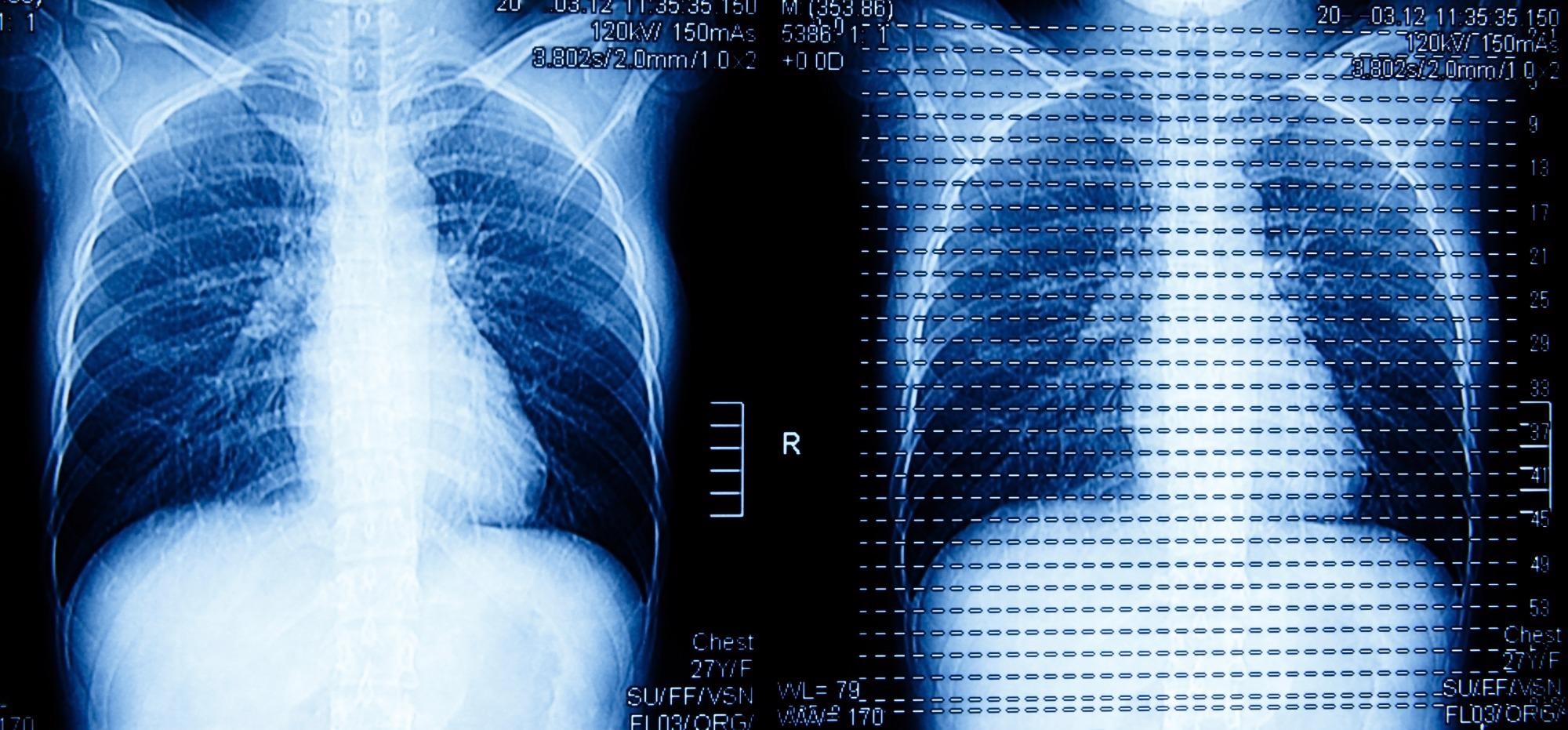As per the American Journal of Roentgenology (AJR), adding AI into clinical practice can eliminate repetitious activities, saving a radiologist around one hour of chest CT interpretation time every day.

Image Credit: Shutterstock/ Komsan Loonprom
This is the first study to our knowledge to assess the impact of an AI support platform on chest CT interpretation times in a real-world clinical setting. The platform’s integration into clinical workflow resulted in a mean reduction in interpretation times of 22.1% among three cardiothoracic radiologists for whom the AI results were made available.
U. Joseph Schoepf, Study Corresponding Author, Medical University of South Carolina
A total of 390 individuals (204 females, 186 males; mean age, 62.8 years) who underwent an outpatient chest CT at the Medical University of South Carolina from January 19–28th, 2021, were used for the prospective study by Schoepf and his colleagues.
AI-Rad Companion (Siemens Healthineers, Erlangen, Germany) was a commercial software solution that provided automated cardiac, pulmonary, and musculoskeletal findings analysis, including labeling, segmenting, and measuring normal structures as well as detecting, labeling, and measuring abnormalities.
The PACS was used to store AI-annotated pictures and auto-generated summary findings (IMPAX 6, Agfa Healthcare, Mortsel, Belgium). The AI-assisted and non-AI arms of chest CT exams were randomized 1:1, then clinically analyzed using a stopwatch.
For all the three cardiothoracic radiologists, mean interpretation times were considerably lower in the AI-assisted arm than in the non-AI arm. The mean difference for all readers was 93 seconds (95% CI, 63–123 seconds), equivalent to a 22.1% reduction in the AI-assisted arm: 20.0% for contrast-enhanced scans and 24.2% for non-contrast scans, respectively.
The study authors stated, “If assistance from automated AI results can save one hour of interpretation time each day as estimated from our results, then radiologists could devote this time to other activities, whether additional clinical tasks such as communicating findings to patients and referring physicians, or administrative, education, and research responsibilities.”
Journal Reference:
Schoepf. J. U., et al. (2022) Impact of Artificial Intelligence Assistance on Chest CT Interpretation Times: A Prospective Randomized Study. American Journal of Roentgenology. doi:10.2214/AJR.22.27598.